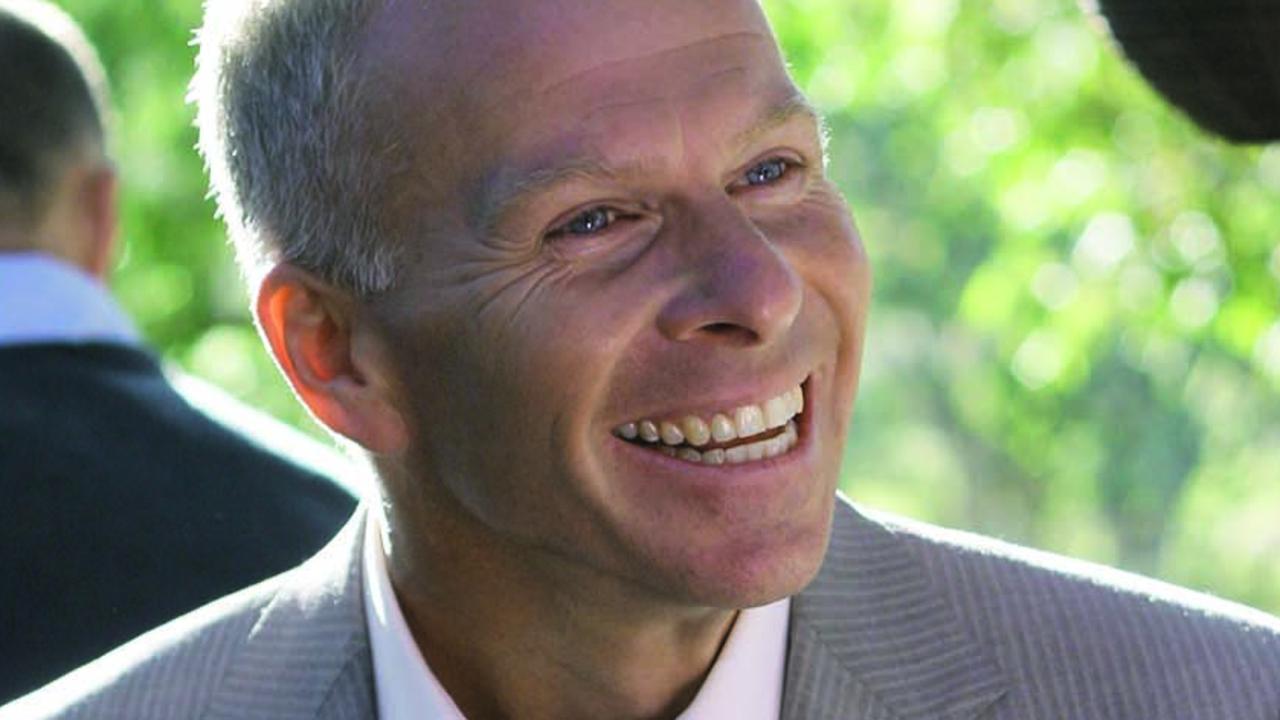Costs erode 70pc of indigenous housing fund
NT government ministers have been told that the federal government's $673m remote housing package could deliver as few as 300 houses.
NORTHERN Territory government ministers have been warned that the federal government's $673 million remote housing package is likely to deliver as few as 300 houses - less than half the number originally promised.
Figures revealed in a confidential briefing given last week to Territory government ministers and senior bureaucrats showed the Strategic Indigenous Housing and Infrastructure Program was seriously off-track, with up to
70 per cent of allocated public funds swallowed up in indirect costs, including contractors' fees, fees paid to expensive consultants and government administration fees.
A source at the briefing in Darwin last week told The Australian the figures -- which suggested only 30 per cent of the $673m in SIHIP funding would flow to direct costs of refurbishment of housing and the building of new houses -- shocked MPs and bureaucrats.
Fifteen months ago, the federal government announced SIHIP would provide 750 new houses to remote Aboriginal communities in the Territory. So far, not one house has been built.
While bureaucrats consult with indigenous communities on remote housing in the Territory, construction began this week in Woolloongabba in Brisbane -- in Kevin Rudd's electorate -- on the 1000th home built under a $6.4 billion social housing stimulus package expected to provide 20,000 new homes by 2012.
The problems besetting SIHIP come as it was revealed yesterday that NSW Labor senator Ursula Stephens wrote to Indigenous Affairs Minister Jenny Macklin last year warning that no houses would be built under the program until 2011.
The memo, obtained by the National Indigenous Times, warned that SIHIP was open to collusive tendering and potential corruption.
"Those from the construction industry were flabbergasted by the approach -- which they best likened to a 'shoddy defence procurement model'," it said.
"The only winners in such a process are the consultants who form part of the 'alliances', or who draw up the legal arrangements for the procurement process."
The head of SIHIP, Jim Davidson, and the chief executive of NT Housing, David Ritchie, refused requests for an interview.
The Tiwi Islands, 80km north of Darwin, along with Groote and Bickerton islands in the Gulf of Carpentaria and Tennant Creek, 500km north of Alice Springs, had been chosen to receive the first round of SIHIP funding.
The Tiwi Islands, which had been allocated $53m under SIHIP, were set to receive 155 upgrades to existing housing and 29 new houses at a cost of between $404,000 and $674,000 a house.
The town of Nguiu, on one of the Tiwi Islands, Bathurst Island, recently received 25 new houses built using funding from previous indigenous affairs minister Mal Brough.
A local company, Bathurst Island Housing, built eight of those houses at a cost of about $350,000 each. Another company, Sitzler -- one of the companies chosen to form part of the Territory Alliance, the consortium responsible for SIHIP construction at Bathurst Island -- built 12 of the 25 houses.
However, Sitzler's houses, built from virtually identical plans, cost $650,000 each.
Territory Alliance manager Allan Gill said he had no doubt a local firm could build houses under SIHIP for less than the larger companies chosen to form the alliance.
But he said the alliance companies had been awarded the job because they had the required safety accreditation and were capable of building quality housing that would last.
Mr Gill said the profits to be reaped by alliance members were set at less than 20 per cent of the total housing package, and all costings had been independently reviewed.
A spokeswoman for Ms Macklin said the alliance model would be "monitored and evaluated closely".
Her office said the high costs of remote housing construction must be taken into account.



